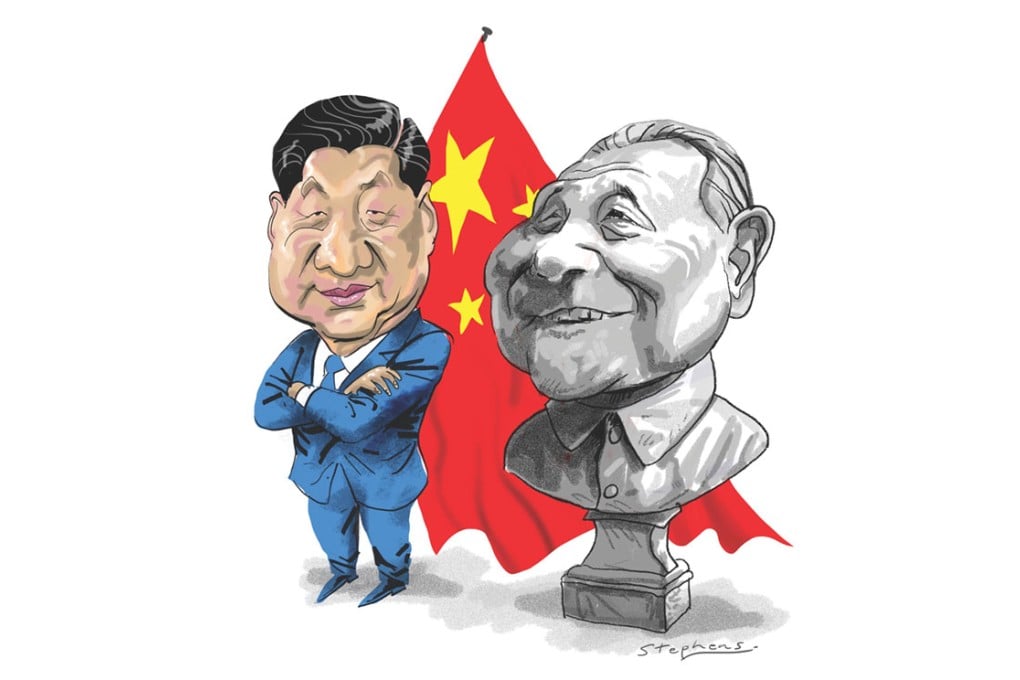How will Xi Jinping measure up to the Deng Xiaoping yardstick?
David Lampton says under Xi, now pursuing an ambitious agenda some 40 years after Deng launched his reforms, China is reshaping the national strategy of 'peace and development'

Deng Xiaoping cast a long shadow. How can we understand his legacy in ways that inform our assessment of Xi Jinping, without reaching premature closure on Xi's still developing record?
Born 110 years ago, Deng launched the post-Mao Zedong era of reform and opening nearly four decades ago. Today, the outside world and the Chinese people have the information to make a judgment about the content and meaning of his legacy. To an unknown extent, Xi, China's still "new" senior leader, will be measured against the Deng yardstick.
Two elements of that yardstick are leadership strategy and style.
The successful leader must have a strategic vision that addresses the underlying challenges of the era, one that resonates with and can energise the population while not accumulating external challenges faster than they can be addressed. Deng's multidimensional "strategy" emerged incrementally in the period from 1977 to 1985, and became clearer in hindsight. But, importantly, there was a fit between the domestic parts of the strategy and its foreign policy components - domestic directions reassured the outside world and won cooperation, and the external gains in stature and a relaxed international environment made the accomplishment of big things domestically easier.
A central element of Deng's strategy was to redefine his era, from Mao's "war and revolution" posture to one of "peace and development". This change meant that extreme mass mobilisation, class struggle and a revolutionary posture with respect to the rest of the world could be sidelined in favour of domestic policies that utilised China's talents and resources to achieve economic and human development, objectives that enlisted the constructive participation of the rest of the world.
Xi and the Communist Party have by no means jettisoned Deng's "peace and development" formulation, but even before Xi ascended to the top leadership slot, an overlay was added - "under the new situation" ( zai xin xingshi xia). "Under the new situation", as David Bradley explains in China Brief, is a formulation that gives more prominence to: first, China's augmented capacities to protect, indeed advance, its "core interests"; and, second, the perceived threats that China faces in the international realm.
It emphasises, in a way that "peace and development" alone did not, that China can be more proactive, need not be as accommodating, and the concept accepts that China's strength creates external anxieties. This is a formulation that gives added room to run for China's military-security apparatus. This overlay creates more anxiety abroad than did Deng's formulation, though it has its domestic, nationalistic appeal.